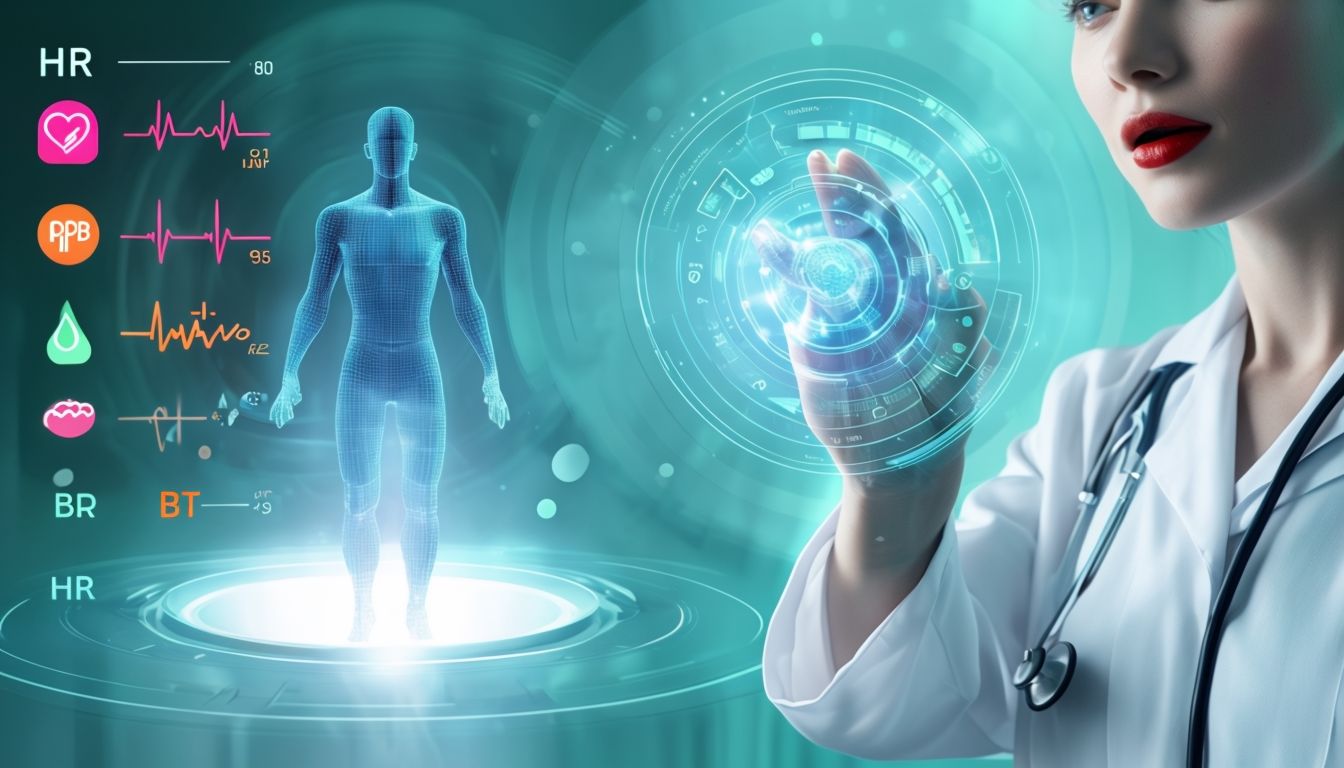The healthcare industry has been undergoing a significant transformation in recent years, with the integration of technology playing a pivotal role in this change. Remote patient monitoring (RPM) is one such technology that has gained widespread attention for its potential to improve patient outcomes, reduce healthcare costs, and enhance the overall quality of care. RPM enables healthcare providers to monitor patients remotely, allowing them to detect and respond to health issues promptly. This article presents an overview of ten remote patient monitoring companies that are revolutionizing healthcare through their innovative solutions.

Biotronik SE & Co. KG (Germany):
Biotronik is a global leader in the field of medical technology, specializing in the development of innovative devices for remote patient monitoring. Their CardioMessenger II system enables physicians to monitor patients with implantable cardiac devices remotely, ensuring timely intervention and improving patient outcomes.
Alive Cor, Inc. (US):
AliveCor offers a range of mobile electrocardiogram (ECG) devices and software solutions that allow patients to monitor their heart health at home. Their KardiaMobile device is a portable ECG monitor that can detect irregular heart rhythms and share data with healthcare providers for further evaluation.
TytoCare Ltd. (US):
TytoCare provides a telehealth platform that includes a handheld device for remote physical examinations and an app for video consultations with healthcare providers. The TytoHome device allows patients to perform a variety of tests, including throat, ear, skin, lung, and heart examinations, which can be shared with physicians for diagnosis and treatment recommendations.
Teledoc Health Inc. (US):
Teledoc Health offers virtual care services that connect patients with healthcare providers through video consultations and remote monitoring devices. Their platform enables patients to receive medical advice, prescriptions, and follow-up care from the comfort of their homes, reducing the need for in-person visits.
Vivify Health, Inc. (US):
Vivify Health provides a remote patient monitoring platform that includes a suite of connected devices for tracking vital signs and other health metrics. Their solutions enable healthcare providers to monitor patients with chronic conditions remotely, facilitating early intervention and reducing hospital readmissions.
Koninklijke Philips N.V. (Netherlands):
Philips is a global leader in health technology, offering a wide range of remote patient monitoring solutions for various healthcare settings. Their eCareCoordinator platform enables healthcare providers to remotely monitor patients with chronic conditions, providing timely interventions and improving overall patient outcomes.
Brook Inc. (US):
Brook offers a comprehensive telehealth platform that includes remote patient monitoring devices and software solutions for managing chronic conditions such as diabetes, hypertension, and congestive heart failure. Their platform enables healthcare providers to monitor patients’ vital signs and other health metrics remotely, facilitating early intervention and improving patient outcomes.
Blue Spark Technology (US):
Blue Spark Technology specializes in developing wearable sensors for remote patient monitoring applications. Their patented technology allows for the creation of thin, flexible sensors that can be integrated into clothing or accessories, enabling continuous monitoring of vital signs without compromising patient comfort or mobility.
Welch Allyn (US):
Welch Allyn offers a range of medical devices and solutions for remote patient monitoring applications, including vital sign monitors, pulse oximeters, and blood pressure cuffs. Their products enable healthcare providers to collect accurate data from patients remotely, facilitating timely interventions and improving overall patient outcomes.
Health Beats (Singapore):
Health Beats is a telehealth platform that connects patients with healthcare providers through video consultations and remote monitoring devices. Their platform enables patients to receive medical advice, prescriptions, and follow-up care from the comfort of their homes, reducing the need for in-person visits and improving access to quality healthcare services in underserved areas.
